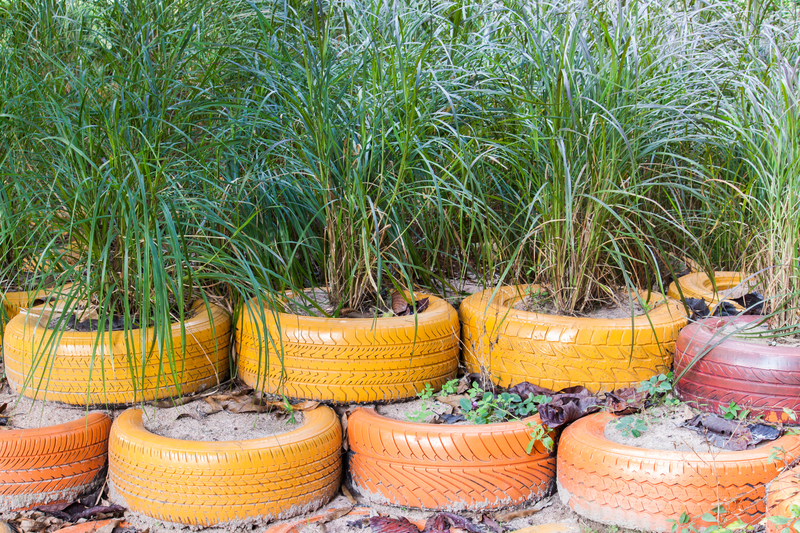Environmental Impact of Improperly Disposed Construction Waste
Posted on 31/01/2024

The Environmental Impact of Improperly Disposed Construction Waste
Construction waste is the debris left over from building and construction sites. It typically includes materials such as concrete, wood, asphalt, bricks, metals, plastic, utility poles, wire, soil and other substances used for construction purposes. Unfortunately, people often overlook the environmental impact that improperly disposed construction waste can have on our world.
Many types of construction waste are hazardous to our environment if not handled or disposed of properly. This is because some types of construction waste may contain highly toxic chemicals or hazardous materials which can leach into our ecosystems and contaminate groundwater or surface waters. These chemicals could get into our food supply and ultimately make their way into our bodies; leading to serious illness or even death. In addition, solid construction waste has the potential to be a nuisance as it makes its way into local landfills and causes visual blight in public spaces.
Due to the significant environmental risks posed by improper disposal of construction waste, it is essential that people take steps to reduce the amount of waste that is generated and disposed of in an unsustainable manner. To do this we must first understand how construction waste gets generated during building projects and what methods are available for safe and responsible disposal of these materials.
One way to reduce the amount of construction waste generated is through proper planning and design at the beginning stages of a project. If construction waste can be minimized early on then there will be less need for responsible disposal later on. Additionally, segregating different materials from one another can help to ensure they are recycled or disposed of properly after a project is completed. For example, separating concrete from wood can enable those specific materials to be recycled as opposed to ending up in a landfill where it may have an adverse impact on the environment.
Organizing a job site into separate areas for different kinds of material also helps with efficient recycling and reuse - this is known as source separation. For example, all metals should be kept together in one area so that they can easily be sorted and recycled or reused after a job has been finished rather than thrown away with other general rubbish. Other sources include educational training programs offered by organizations like Keep American Beautiful to help contractors reduce their overall environmental footprint throughout their projects.
There are also many innovative solutions emerging which offer alternative approaches to reducing the environmental impacts associated with construction waste disposal. Some companies are using mobile sorting technologies that allow them to sort waste on-site more efficiently; while other organizations are investing in renewable energy systems such as solar panels which reduce reliance on traditional power sources while cutting down on costs associated with construction projects. Additionally, some companies now employ Zero Waste Policies - meaning nothing from a project goes to the landfill - allowing for reduced emissions from trucking along with increased resource recovery.
Finally, there are several government initiatives taking place around the world aimed at reducing the amount of improperly disposed construction waste entering local landfills and waterways each year. These initiatives often require special licenses or permits depending on location as well as full compliance with existing regulations pertaining to the collection and management of different types of materials found on building sites. In addition, these initiatives emphasize involvement from community members to create deal awareness about the importance of disposing construction properly so that everyone can work together towards creating a sustainable future for ourselves and our planet.
Ultimately, preventing improper disposal of construction waste is an essential step towards protecting our environment against further harm caused by hazardous materials seeping into our water supply or damaging habitats with excessive amounts of solid debris entering local landfills too quickly. Through simple measures such as proper planning during the early stages of building projects combined with creative solutions such as Zero Waste policies we can all work together towards making sure less harmful substances end up in our ecosystems when dealing with large scale building projects in order keep our environment safe now and for generations to come


